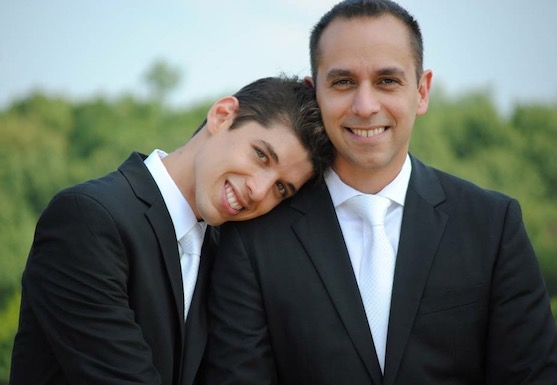- What's your full title?
Assistant Professor of Pediatrics
Division of Pulmonary Medicine
University of Pittsburgh School of Medicine
Children’s Hospital of Pittsburgh
- Three statements about you – two true, one false.
- I can’t fully function in the morning without one (or two!) cups of coffee.
- My favorite hobbies are ceramics (porcelain) and painting (acrylics).
- I’m an unreformed chocoholic.
- Give us your ‘elevator pitch’ biography.
I was born and raised in Perú, where I completed my medical degree at Cayetano Heredia University. I knew very early on that I wanted to move to the United States to do research, so after working for a couple of years, and taking the United States Medical Licensing Examination (USMLE) in 2003, I moved to the U.S. I did my residency in Pediatrics at Children’s Hospital of Denver, and then completed fellowship in Pediatric Pulmonology at Boston Children’s Hospital. During the research portion of fellowship, I completed an MPH from the Harvard School of Public Health and worked at the Channing Division of Network Medicine. After completing my training, I worked at the University of Miami for three years as part of a waiver to obtain my U.S. residency, and later citizenship. In 2012, I joined the Division of Pediatric Pulmonary Medicine at the University of Pittsburgh and Children’s Hospital of Pittsburgh. I have moved around quite a bit. It has been an amazing journey so far, and along the way I have met and learned from many truly amazing people.
I knew I wanted to be a pediatrician since high school and a pulmonologist since early in medical school, and I am fortunate that now I spend most of my time doing research in asthma and other childhood lung diseases. Most of my research is on the epidemiology and the genomics of childhood asthma. I’ve always tried to keep in sight how research will ultimately benefit our patients. During fellowship, I noticed many of our patients with severe asthma were also obese, and since then I have been studying the effects of obesity and metabolic dysregulation on asthma and lung function.
and lung function.
I have been actively involved in the ATS since fellowship and have served in the Peds Assembly Program Committee, the Peds Planning Committee, as a member and now as chair, the section on Genetics and Genomics Nominating and Planning Committees, and in the ATS Scientific Advisory Committee.
Beyond “work,” I met my husband Daniel 10 years ago while in Miami, and we have been married for 6 years now. We enjoy traveling around the U.S. (oftentimes before or after the annual ATS international conference) and around the world.
- What would you tell yourself as an Early Career Professional?
So many things! First, choose the right mentors, whether for your training, for research, or for your career in general. Second, seek out good people. You can absorb a lot of information from books, but nothing will ever compare to what you will learn from your role models. Third, if at first you don’t succeed, try again –and again. If you never fail, you are probably not trying hard enough. Finally, remember all your struggles. The day will come when you will be somebody’s mentor and role model, and when your mentee struggles and fails, it will be your responsibility to be there for them like others were there for you.
- If you weren’t in medicine, and were in a different industry altogether, what would you be?
I would like to be one of those people who travel around the world and post their videos and experiences online! Half-jokes aside, there were several lawyers in my family, so I probably would have gone to law school.
- What is your favorite way to spend a day off?
I’ve become a homebody lately. An ideal day off includes being at home, spending time with Daniel, maybe reading a book, listening to some music, or playing videogames (I know, I know…). I also like spending a couple of hours in the ceramics studio or painting.
- What areas of medicine are you most excited to see develop?
I think the advances in genomics in the past decade have been mind-blowing. Perhaps the most remarkable example is the advent of CFTR modulators in cystic fibrosis, or the studies on gene therapy for sickle cell disease. But genomic studies are also helping us better understand the pathways underlying asthma and other complex diseases. With new technologies and approaches, the field is moving forward, identifying new mechanisms and even new types of respiratory cells that are involved in respiratory health and disease. It will be very exciting to see what the next 10-20 years will bring.
- What is one advancement in your field you’d like to see in your career?
In the research arena, gene therapy and a cure for diseases like cystic fibrosis, and pathway-specific personalized therapies for asthma. On the clinical side, the use of these modern approaches in order to reduce or eliminate health disparities and inequities.
- Ok. Which statement did you make up?
I wish I liked coffee, but it’s too bitter. I couldn’t even do it during medical school or residency. I like to think I function adequately without it!

